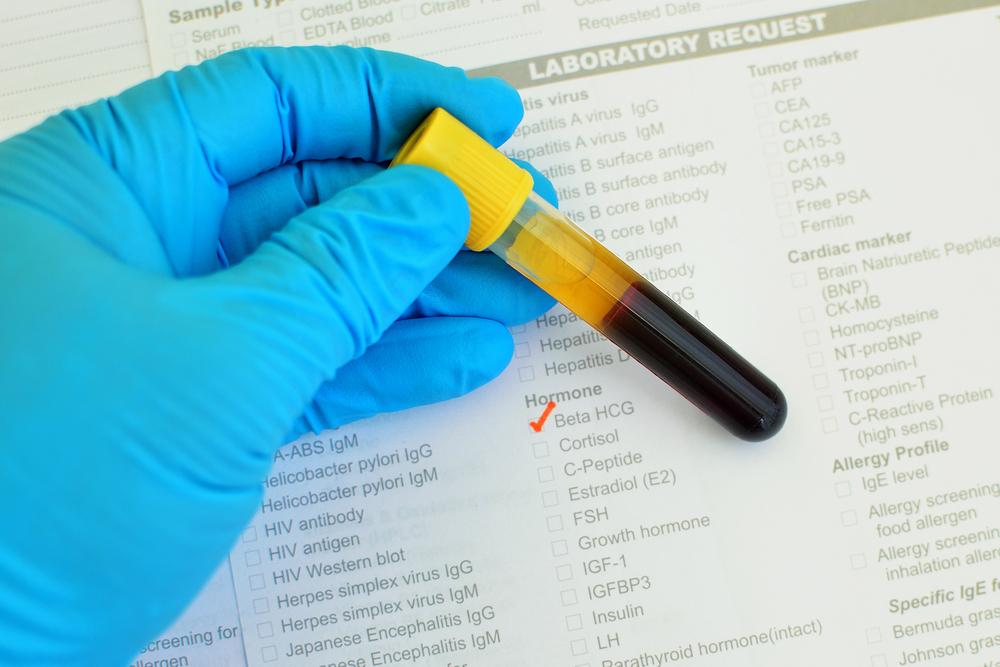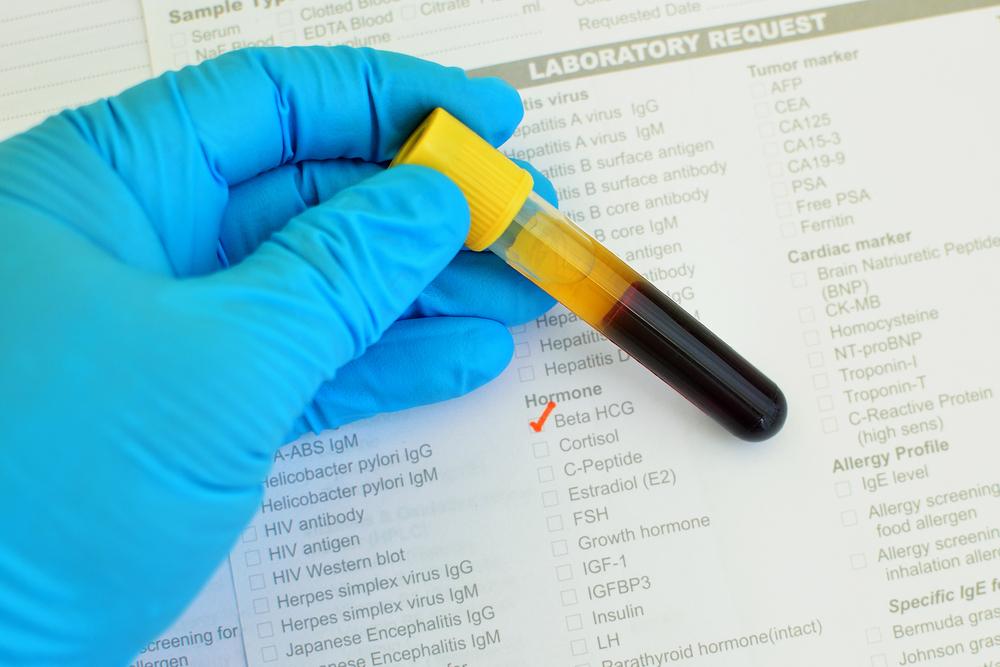Uncovering the Truth Behind Cancer Immunotherapy: What You Need to Know
This article explores the realities of cancer immunotherapy, highlighting its potential benefits and current limitations. It explains the main types, effectiveness, and side effects of this innovative treatment, emphasizing its role within a comprehensive cancer care approach. Suitable for patients and caregivers, it provides balanced insights into this promising yet evolving therapy as part of modern cancer treatment strategies.

Uncovering the Truth Behind Cancer Immunotherapy: What You Need to Know
Is cancer immunotherapy truly the groundbreaking treatment it's made out to be? Here's what you should understand about this emerging cancer therapy.
According to the National Cancer Institute , in 2015, nearly 1.6 million new cancer cases were diagnosed, with around 600,000 deaths expected this year. The prevalent cancers included breast, lung, prostate, colorectal, bladder, melanoma, lymphoma, thyroid, kidney, endometrial, leukemia, and pancreatic cancers. Notably, the survival rates are improving, with projections indicating over 19 million survivors worldwide by 2024.
This progress is credited to early detection advancements and innovative treatments like cancer immunotherapy. Marketed as a revolutionary and promising approach, it's crucial to understand the facts about this therapy before considering it as a primary treatment option.
What exactly is cancer immunotherapy?
Also called biologic therapy, cancer immunotherapy aims to enhance the immune system's natural ability to fight cancer. Since cancer is caused by the body's own cells turning malignant, the immune system often fails to recognize these cells as threats.
To address this, immunotherapy drugs are used to activate and guide the immune response so it can identify and attack cancer cells effectively. Unlike immune responses to foreign invaders like bacteria or viruses, cancer cells are not recognized as dangerous initially, making treatment more challenging.
What are the primary types of cancer immunotherapy?
Over the past decade, treatments have evolved significantly. The most common types now include:
Monoclonal antibodies—engineered proteins that target cancer-specific markers, proving especially effective for certain cancers.
Immune checkpoint inhibitors—block the natural 'brakes' in immune regulation to enable immune cells to attack tumors.
Cancer vaccines—stimulate the immune system to recognize and combat specific cancer types; these include tumor vaccines, antigen vaccines, dendritic cell vaccines, and vector-based vaccines.
Non-specific immunotherapies—boost the immune system globally to improve the body's ability to fight cancer.
Is cancer immunotherapy effective?
Research studies worldwide are testing combinations of immunotherapy drugs. For instance, a trial by Memorial Sloan Kettering successfully used ipilimumab and nivolumab to control melanoma progression—showing over 58% effectiveness. This treatment shows promise especially for stubborn cancers like advanced melanoma, lung, and metastatic tumors.
Are there risks associated with cancer immunotherapy?
While often considered promising, Cancer Research UK highlights that long-term survival data are still emerging. Moreover, side effects such as severe inflammations in the stomach and bowel may necessitate hospitalization and could outweigh benefits in some cases.
Although immunotherapy might revolutionize cancer treatment in the future, it currently functions best as part of a combined approach with surgery, chemotherapy, or radiotherapy. The best treatment plan depends on individual diagnosis and condition.










